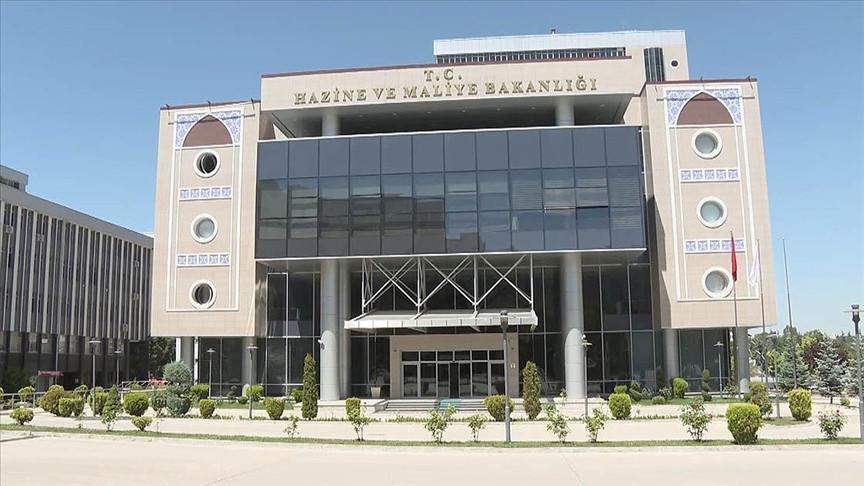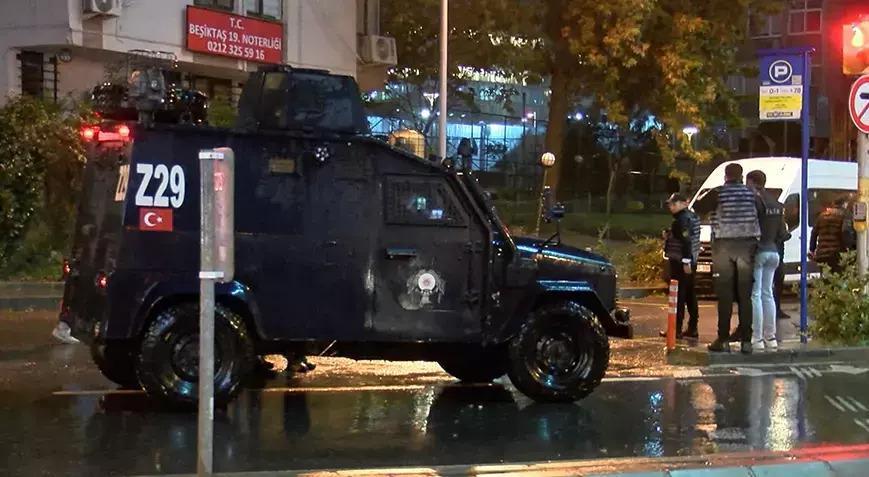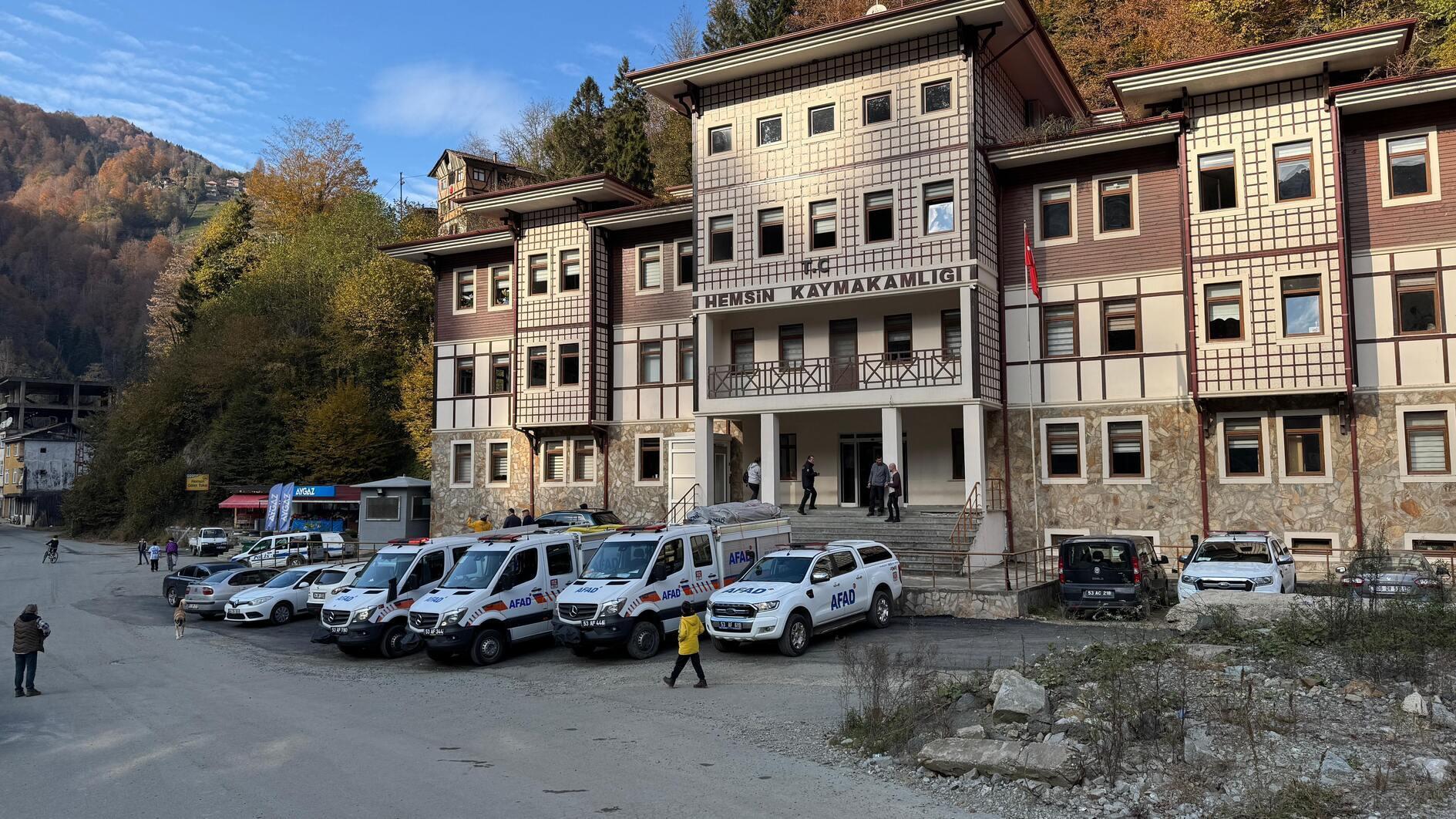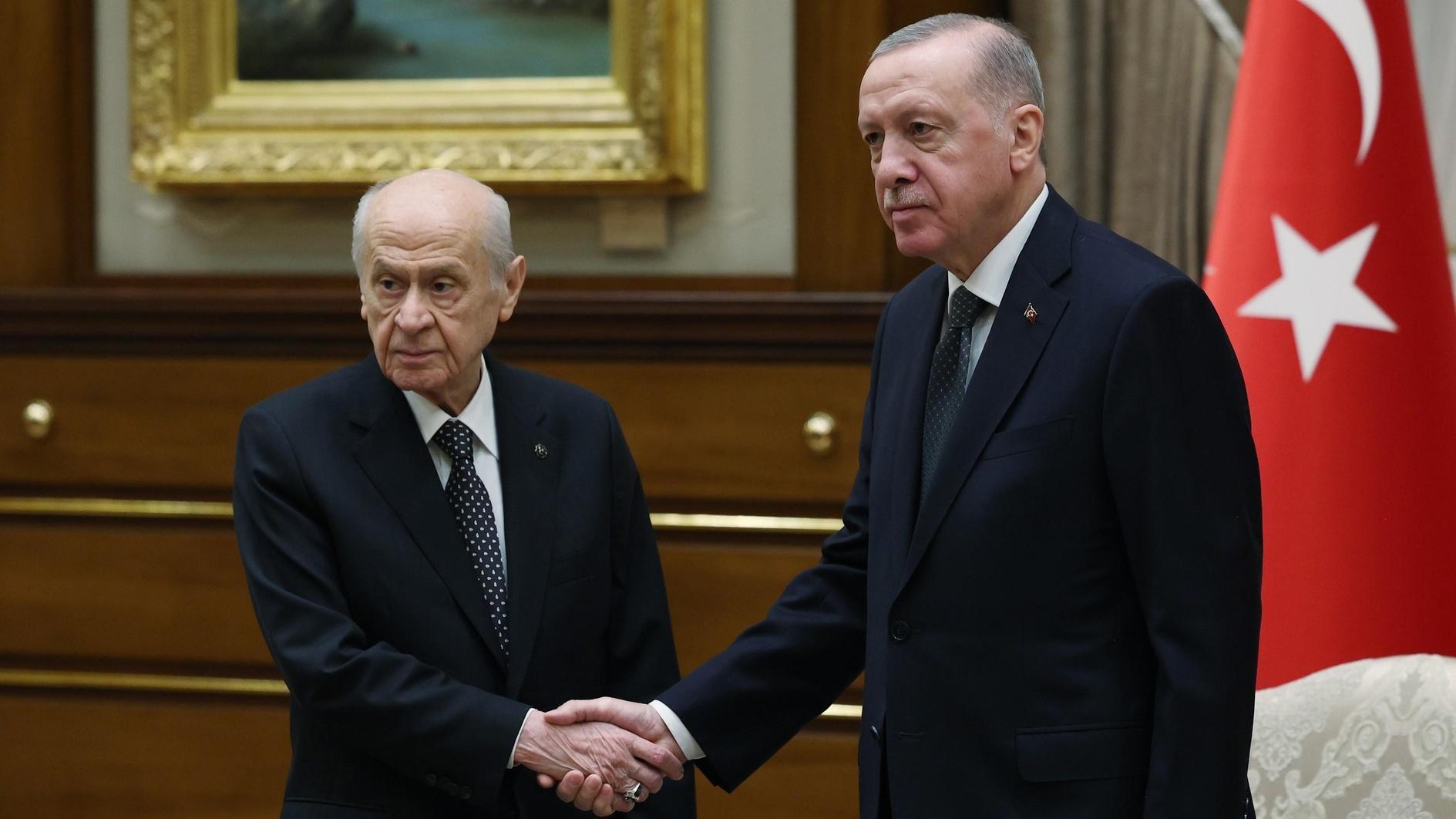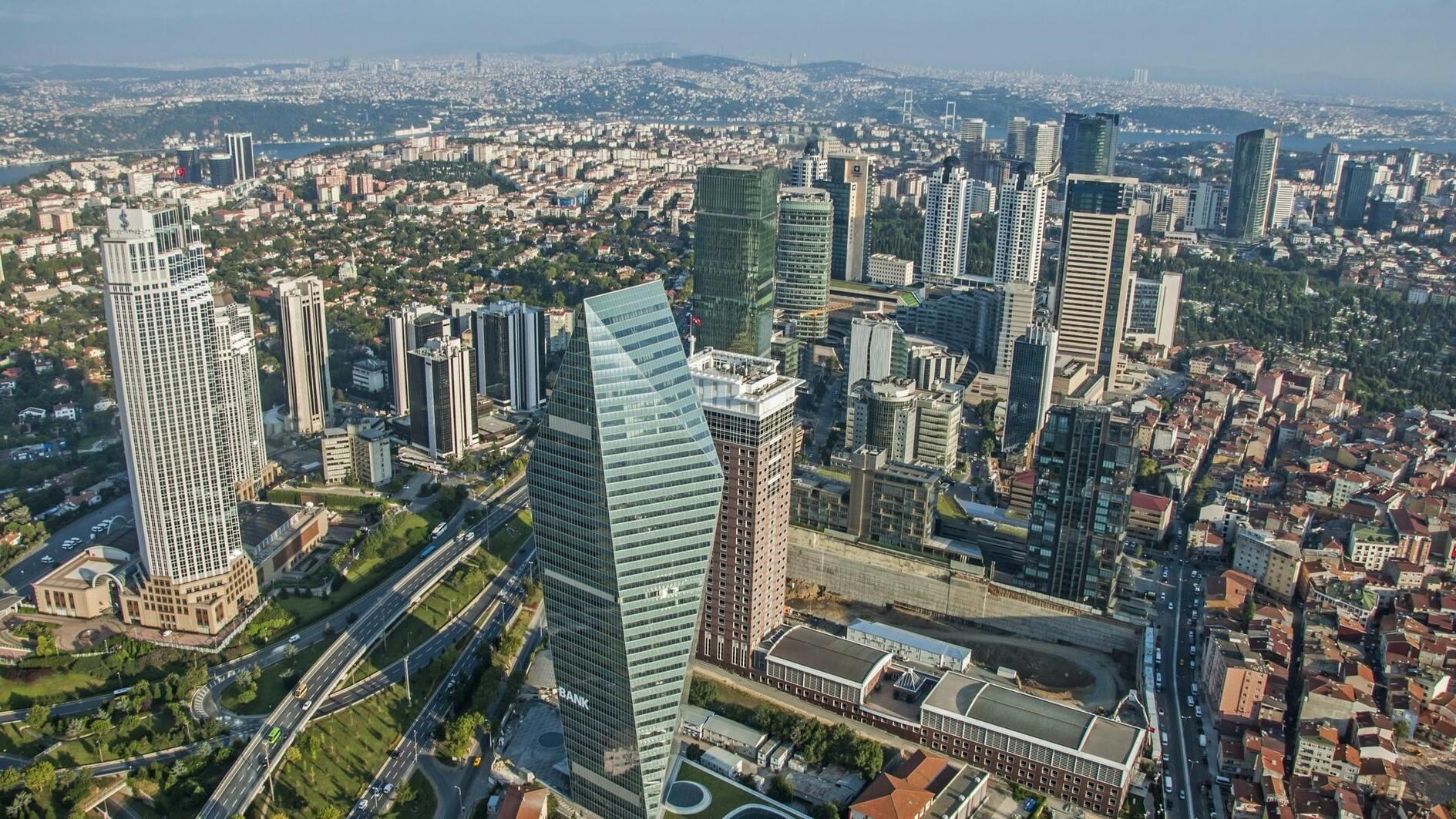Peace process in critical juncture
The solution process aiming to end terror and resolve the Kurdish question marked its second month. The first Peace and Democracy Party (BDP) delegation met Abdullah Öcalan, imprisoned leader of the outlawed Kurdistan Workers’ Party (PKK), on Jan. 3 and the second one took place on Feb. 23.
Days after the first meeting, three prominent female members of the PKK’s European wing were killed in downtown Paris, raising questions on whether the criminal act was linked to the process in Turkey. The last meeting, however, has remained under the cloud of the daily Milliyet’s publication of the minutes of the meeting. The minutes were full of Öcalan’s sharp and strong-worded statements drawing his own picture for the solution, saying “every one of us will be free [as a result of the process].” Triggering harsh reactions from opposition parties, the publication of the minutes has been regarded by government officials as a sabotage of its efforts to solve the problem.
That also brought a fresh debate over the limits of press freedom as Prime Minister Recep Tayyip Erdoğan categorized this sort of journalism as “non-national” and aiming to undermine the peace process. His advisor Yalçın Akdoğan, however, had to underline that the government was not in any way of the same opinion as Öcalan, expressing their uneasiness with the content of the minutes. According to Akdoğan, leaking this document to the media was clearly aiming to cause mistrust in the process.
The dilemma is that despite these sabotages or attempts to break the growing confidence of public opinion, the process seems unaffected and is developing with mounting expectations. It is either an indication of the resilience of the process backed by the majority of the Turkish people or of the irrelevance of the government’s efforts to accuse media, opposition parties or those who oppose to solve this very problem.
Daily Milliyet’s story did not move heaven and earth. It indeed did not change the course of the process and the commitment of the two main actors of the process, the government and the BDP, although they have been seriously disturbed. Erdoğan and his right-hand men’s too-severe focus on who leaked the document and their loud, fierce remarks labeling every individual and institution opposing the process as non-national are indeed counter-productive.
In its most critical phase, the process will either declare that it has been successful in ending the terror problem or its failure. Öcalan’s plan is to receive responses to his letters from the PKK’s leadership in northern Iraq and Europe next week and to mature his call for them to end armed conflict by March 21.
Hoping that these efforts will bring peace to Turkey and end terror trouble, one should also recall that this process should surely be accompanied by the new Constitution. Peace can be reached by the AKP-BDP duo, but a genuine democracy that will prevent future disagreements among society requires a new charter approved by all colors of the people.



